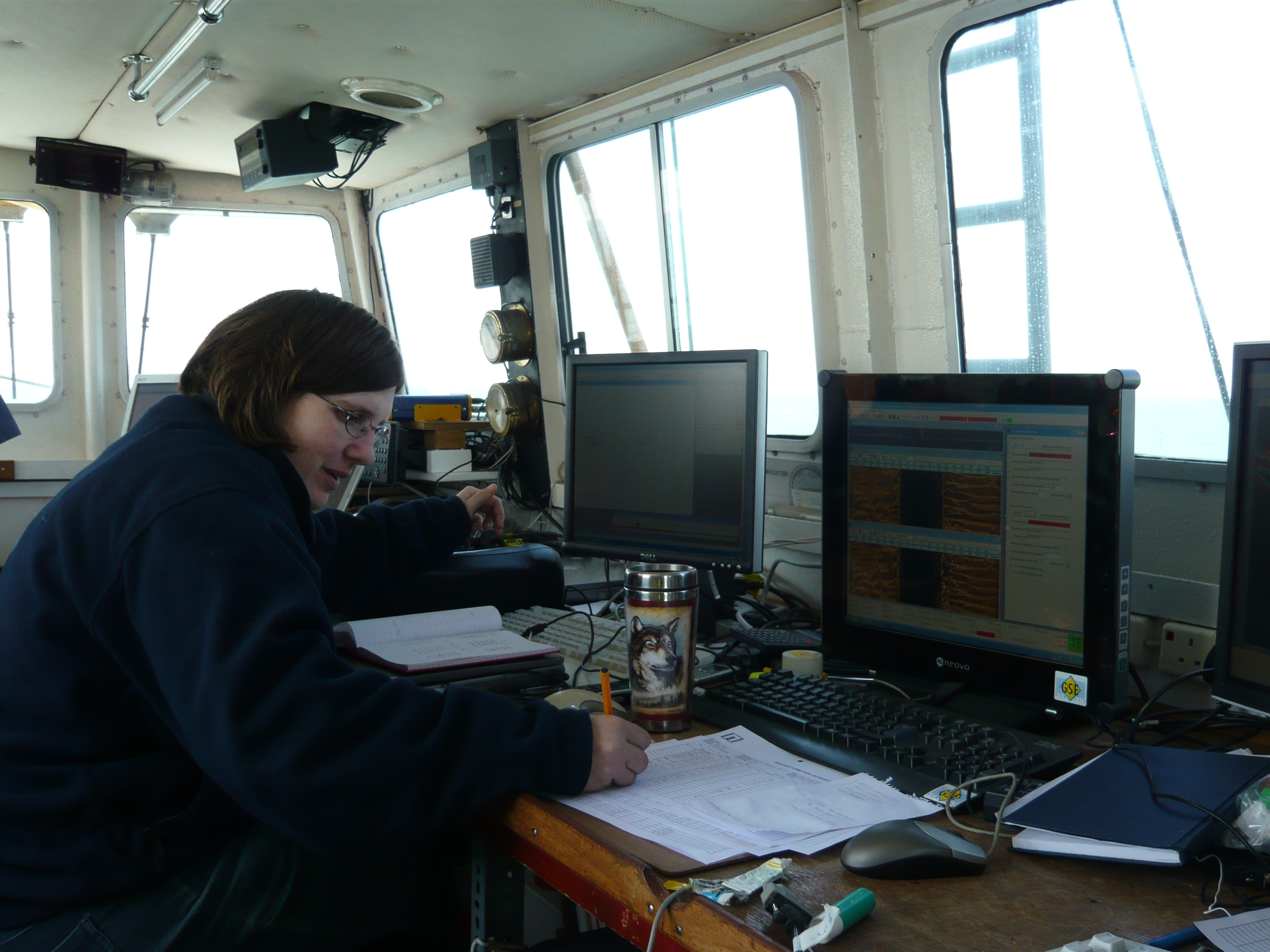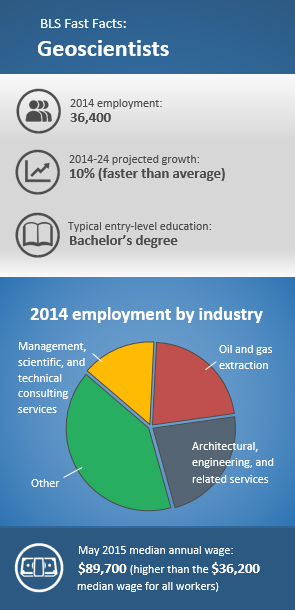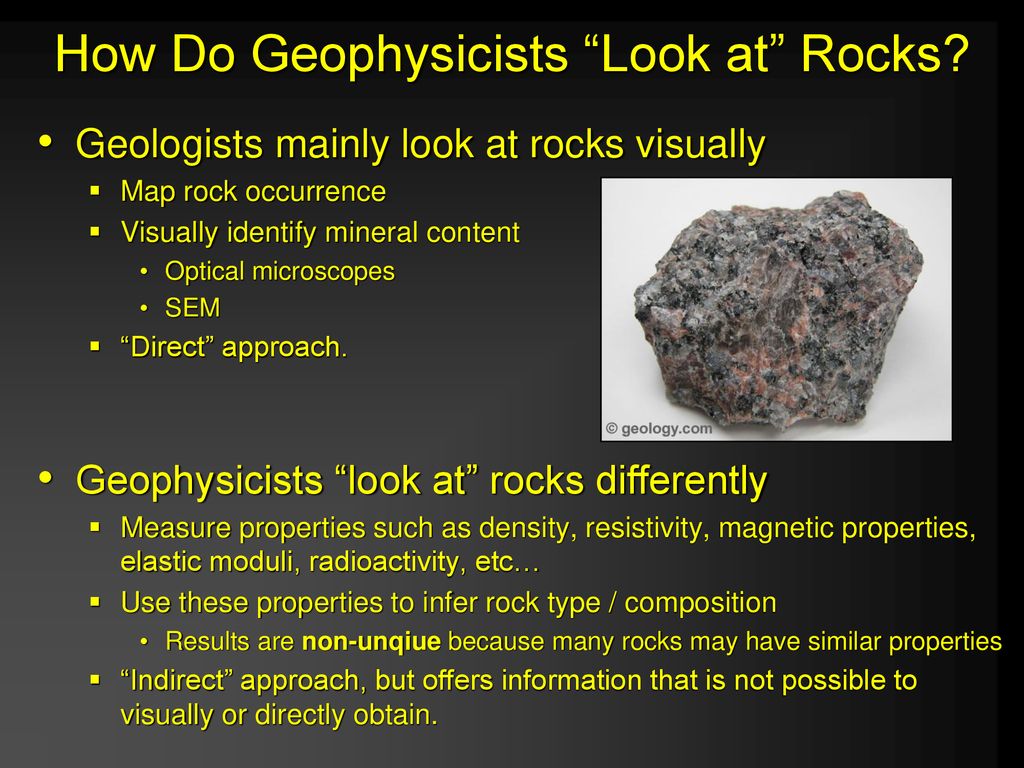All Categories
Featured
Table of Contents
Geophysicists: Salary, Career Path, Job Outlook, Education ... in Henley Brook WA 2020
This work is significantly contracted out, so consultancies provide another source of work. Consultancy firms differ in size, from very little companies to big multinationals. Some consultancies are rather specialised in using specific geophysical methods or operating in specific areas, while others use a more diverse series of services to their consumers.
The extraction of gas from garbage dump sites is another area of work and this might grow in the future. Exploration companies may undertake work for construction companies, public utility, mining business and ecological companies, so geophysicists may be employed in any of these settings. Other companies consist of: geological surveysgovernment bodies and agenciesuniversities and research study institutes.


Jobs may be noted in the oil and gas sector press. Recruitment is impacted by oil cost variations and the level of competitors for positions differs depending on this. Professions Days, which cover the full variety of geoscience professions and are typically participated in by a variety of essential industry employers, are run by The Geological Society.
Your Degree In Geophysics in Ellenbrook Australia 2023
Some of the big oil and gas companies provide a complete two-year structured training program throughout the breadth of geophysics, consisting of the chance to experience work in different groups before specialising in one location. Your training might include work on: existing wellsmagnetic and gravitational potential field data analysisresearchrock analysis. It's more usual for your initial training to be offered on the job.

There might be a probationary period throughout which you work along with an experienced colleague. Competency-based appraisals take place routinely in the majority of firms. In smaller firms, and for academic posts, there is unlikely to be any formal training - you'll be anticipated to start work straightaway and get skills as you go along.
If you work for a smaller sized company, you might discover that you need to take responsibility for arranging and moneying your own advancement and training. If you have a geology degree, membership of The Geological Society can be helpful for networking and for maintaining to date with the industry.
Geophysics in Cottesloe Aus 2023
You may also find it useful to join the PESGB (The Petroleum Expedition Society of Great Britain, which has a geophysics special interest group. After a probationary period, and as soon as you've gained some experience, you might progress to senior geophysicist, then team leader and after that into a senior function in management.
The ease of motion in between functions depends upon the company structure. Study at Masters or Ph, D level in a subject related to geophysics or geosciences might assist with your profession development and development. The work market within the oil and gas industry is really based on rate and this may affect your opportunities for profession progression.
However, not all tasks are reliant on the oil and gas markets. For experienced geophysicists, freelance consultancy uses a great route for profession development. You can also specialise in a particular location of geophysics. As a geophysicist, you're most likely to have several jobs throughout your working life. Global movement is crucial for dealing with peaks and troughs in various countries at different times.
Geophysicist Job Description: Salary, Duties, & More in Mirrabooka WA 2021
From geophysics, it's possible to focus on seismology (completing additional training to end up being a seismic interpreter) or to move into associated locations such as engineering geology or risk prediction.
Choosing what to study in college is a hard option. Even if you know that your field of interest lies in science, what program of study is ideal for you?
The first action to accomplishing your objective of becoming a geophysicist is making a degree. Even for entry-level positions in the field of geoscience, you'll require a bachelor's degree (a geophysicist college degree) from a recognized college or university. Geophysicists need to be able to: evaluate rocks, photos, and other pieces of data conduct research both in the field and in laboratories produce maps and charts of their findings compose reports To accomplish all this, students need a specialized education for geophysicist careers.
As specified above, you'll require a bachelor's degree in geoscience or an associated discipline, such as a physical science or a life sciences, to land an entry-level job. Trainees can also prepare by majoring in subjects like: Biology Chemistry Computer system science Engineering Mathematics Physics The above geophysicist majors provide a more generalized technique to a single scientific discipline, however most programs need students to take one or more geology course.
Table of Contents
Latest Posts
How To Become A Geophysicist in Mount Claremont Oz 2023
Geophysical Survey Next Step In Carbon Storage Study in Brookdale Western Australia 2023
Geophysical Investigations in Calista Western Australia 2022
More
Latest Posts
How To Become A Geophysicist in Mount Claremont Oz 2023
Geophysical Survey Next Step In Carbon Storage Study in Brookdale Western Australia 2023
Geophysical Investigations in Calista Western Australia 2022